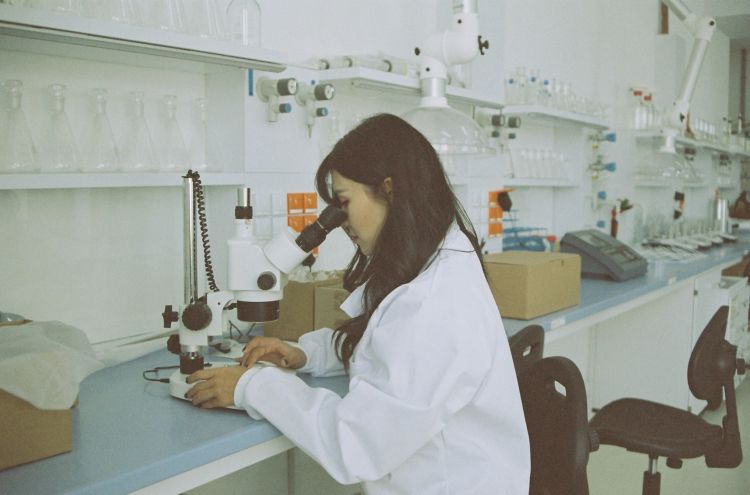Marguron, Inc. licenses novel technology that could demonstrate an effective HIV functional cure
Marguron, Inc. licenses novel technology that could demonstrate an effective HIV functional cure
February 19, 2025
[Atlanta, GA, Los Angeles, CA, and Miami, FL, USA] Marguron, Inc. (Marguron) and the University of Miami (UM) have entered into a global license agreement based on technology developed by Dr. Ronald C. Desrosiers, Dr. James Termini and colleagues at UM, and Dr. Anjie Zhen at the University of California, Los Angeles (UCLA).
"We are pleased to have licensed the rights to these important technologies," said Vijai Mohan, CEO of Marguron. “The licensed intellectual property from UM and UCLA has the potential to prevent and treat HIV infections with a single intramuscular therapy using adeno-associated virus (AAV) gene therapy, generating a cocktail of powerful, broad-spectrum anti-HIV antibodies (bnAbs). Importantly, the improved technology appears to show lasting treatment effects, mitigating the persistent challenge of anti-drug antibody (ADA) formation.”
In mice and non-human primates, a one-time intramuscular treatment was effective in producing continuous transgene expression thereby reducing HIV-1 viral loads to undetectable levels for a prolonged period without developing anti-drug antibodies, a historical roadblock in the implementation of gene-based delivery of bnAbs. Monkeys demonstrating persistent antibody expression have been followed for over five years, making clear the potential durability of the treatment.
“We are delighted to partner with Marguron to advance the development of the Desrosiers Laboratory’s work for the benefit of persons affected by HIV/AIDS worldwide” said Norma Sue Kenyon, PhD, Vice Provost for Innovation at the University of Miami and Chief Innovation Officer at its Miller School of Medicine.
Dr. Desrosiers, UM professor and a principal Founder of Marguron, stated “in a recent experiment using a proprietary immunomodulatory agent to inhibit ADA formation at the time of gene therapy administration, we successfully achieved therapeutic levels of anti-HIV monoclonal antibodies with potent neutralizing activity against a broad range of HIV isolates in five of five monkeys for more than six months. We are excited to work with an experienced team at Marguron to advance this remarkable technology for a ‘One and Done’ strategy for ART-free HIV remission. Our results were presented in full for the first time at the 2024 HIV-DART meeting in Los Cabos, Mexico.”
About Marguron, Inc (www.marguron.com)
Marguron, Inc. is at the forefront of gene therapy-based cures for infectious and metabolic diseases, with an initial focus of preventing and treating HIV-1 infections. HIV/AIDS remains one of the most significant infectious disease threats. Globally, forty million people were living with HIV-1 in 2023, with 1.3 million new infections and 630,000 deaths from AIDS-related diseases. While advances in antiretroviral therapy (ART) have markedly improved the outlook for infected individuals in economically developed countries, the stark global statistics reflect the challenges with implementing ART, particularly in resource-limited countries. Even in the developed world, HIV/AIDS remains a disease that markedly impacts millions of lives, without access to an available functional cure. Marguron’s vision is to make reality that "one shot and you are protected for life".
About University of Miami
The University of Miami is one of America's top research universities located in one of the most dynamic and multicultural cities in the world. With more than $456 million in research and sponsored program expenditures annually, the University of Miami is a member of the prestigious Association of American Universities (AAU). Only 3 percent of four-year institutions in the nation are invited to join the AAU, which recognizes breadth and quality of research and scholarship. While the majority of this work is housed at the Miller School of Medicine, investigators conduct hundreds of studies in other areas, including marine science, engineering, education, and psychology.
# # #
MEDIA CONTACTS:
Kai Hill
khill@med.miami.edu
c:-+1-305-332-3189
and
Katie Roach
info@marguron.com
c: +1-404-490-0182





